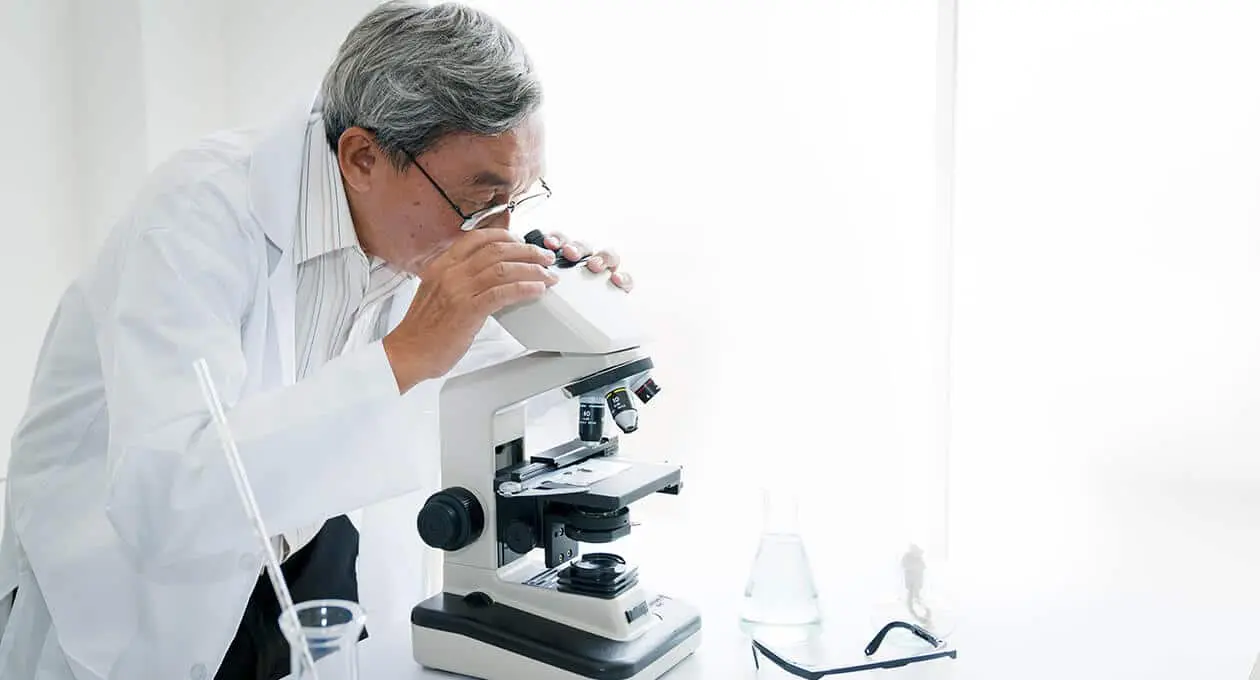Bioengineering is a modern engineering discipline that primarily focuses on biology and also encompasses chemistry, microbiology, biochemistry, immunology, and pharmacology. It utilizes fundamental principles and sciences like mathematics, physics, and chemistry to solve problems in biology and medicine, with a special focus on human body engineering, conducting studies, and research for manufacturing medical devices and equipment that are biologically compatible with the human body. The purpose of this field is to integrate modern technologies with medicine.
The aim of the Bioengineering program is to provide education in basic medical sciences and technologies used in biological and engineering sciences, to train students capable of developing new technologies inspired by biological systems and processes.
Curriculum of Bioengineering
The duration of study is four years for a bachelor’s degree, and the curriculum in most Turkish universities includes a variety of programs, although content may vary from one university to another. Students must verify the course description on the university’s website where they wish to enroll.
First Academic Year
- Physics and laws of motion
- Introduction to basic mathematics
- Coordinates, derivatives, and graph plotting
- Natural logarithms and inverse trigonometric functions
- Integral applications
- Chemical foundations and thermodynamics
- Periodic table and its properties
- Properties of solutions and chemical reactions
Students perform many experimental tests in laboratories during dedicated lectures, alongside studying topics on Turkish language history and development.
Second Academic Year
- Biochemistry topics
- Metabolism
- Photosynthesis
- Physical chemistry including laws of thermodynamics, chemical equilibrium, and chemical reactions
- Applications of thermodynamics to biochemistry
- Molecular cell biology providing detailed information about structures within cells, cell structure, cell division, and the cell cycle
- Physiological topics
Students turn theoretical knowledge into practice during summer internships provided by universities, exploring technical skills to be used in biotechnology industries and research laboratories.
Third Academic Year
Focus on studies within biomedical engineering laboratories including:
- Quantitative analysis of matter
- Examination of the physical properties of polymers
- Methods used to examine cell enzyme movement and activity
- Fluid mechanics materials
- Introduction to immunology, tissues, and cells of the immune system
- Antibodies and immune response
Fourth Academic Year
Students prepare their graduation project with the assistance of faculty members.
Example: Click here to view the academic program content for Bioengineering at Uskudar University.
Post-Graduation Plan
Bioengineering is a profession that develops new materials, devices, and processes by considering complex biological systems from an engineering perspective, working to ensure medical technologies and equipment are compatible with the human body. Biomedical engineers are responsible for engineering applications in fields such as fluid mechanics, thermodynamics, separation and purification technologies, and applications related to molecular biology and immunology.
Job Opportunities for Bioengineering Graduates
Graduates participate in production, research, and development activities in various industries such as pharmaceuticals, medical devices, genetics, biotechnology, energy, and agricultural processes. They can work in the following areas:
- Academic field
- Medical care centers in hospitals
- Biological research centers




